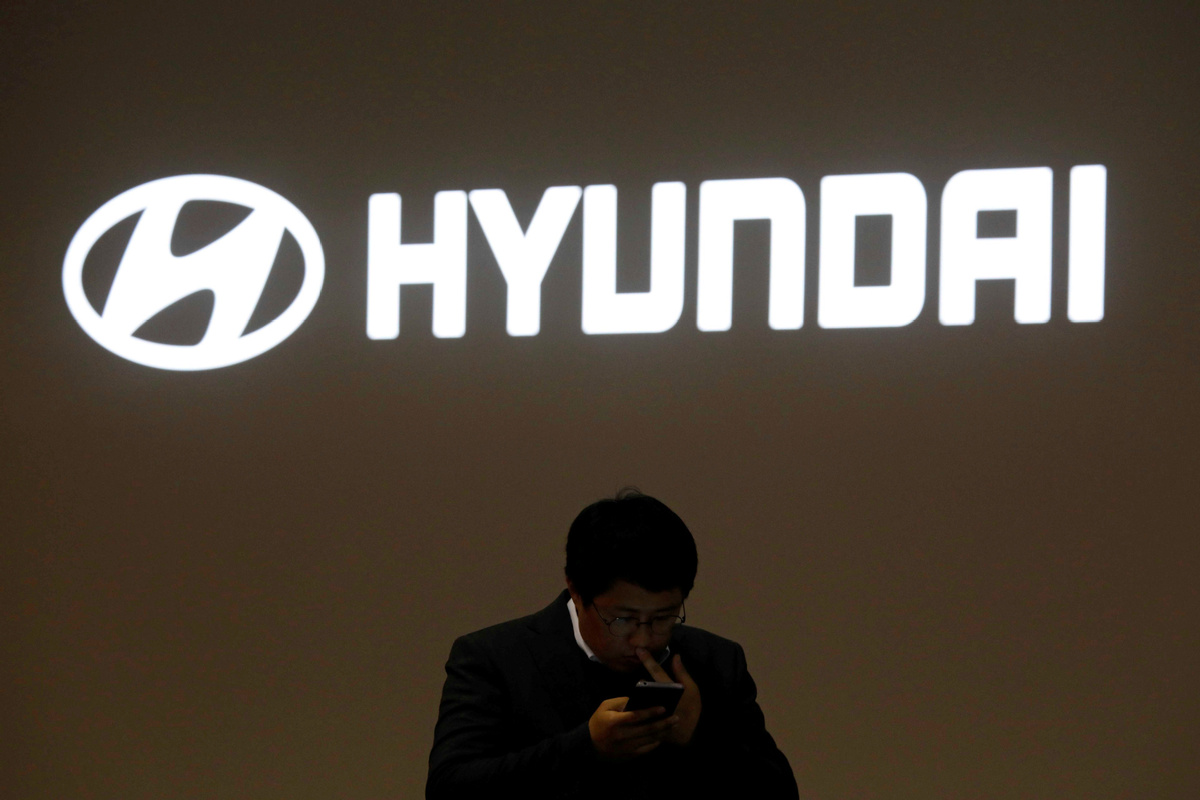S. Korea's Hyundai Motor exports fuel cell heavy-duty truck to Europe


SEOUL - South Korea's biggest automaker Hyundai Motor said Monday that it exported the world's first fuel cell heavy-duty commercial truck to Europe, aiming to ship a total of 1,600 such trucks by 2025.
Hyundai said in a statement that the first 10 units of the Hyundai XCIENT Fuel Cell, the world's first mass-produced fuel cell heavy-duty truck, were shipped to Switzerland earlier in the day.
The company plans to ship 40 more XCIENT Fuel Cells to Switzerland by the end of this year, aiming to roll out a combined 1,600 XCIENT Fuel Cell trucks by 2025.
"Building a comprehensive hydrogen ecosystem, where critical transportation needs are met by vehicles like XCIENT Fuel Cell, will lead to a paradigm shift that removes automobile emissions from the environmental equation," said Lee In-cheol, executive vice president and head of commercial vehicle division at Hyundai Motor.
XCIENT is powered by a 190-kW hydrogen fuel cell system with dual 95-kW fuel cell stacks. The driving range per charge for XICENT is about 400 km.
Seven large hydrogen tanks offer a combined storage capacity of about 32 kg of hydrogen. Refueling time for each truck takes some 8-20 minutes.
Hyundai said it is developing a long-distance tractor unit capable of traveling 1,000 km on a single charge equipped with an enhanced fuel cell system that has higher durability and power.
The South Korean carmaker introduced the world's first mass-produced fuel cell electric passenger vehicle, the ix35, and the second-generation hydrogen-powered SUV, the NEXO.
It aims to sell 670,000 electric vehicles annually, including 110,000 fuel cell electric vehicles, by 2025.
As part of its long-term roadmap, "Fuel Cell Vision 2030," Hyundai aims to secure a 700,000-unit-a-year capacity of fuel cell systems for automobiles as well as vessels, rail cars, drones and power generators by 2030.

































